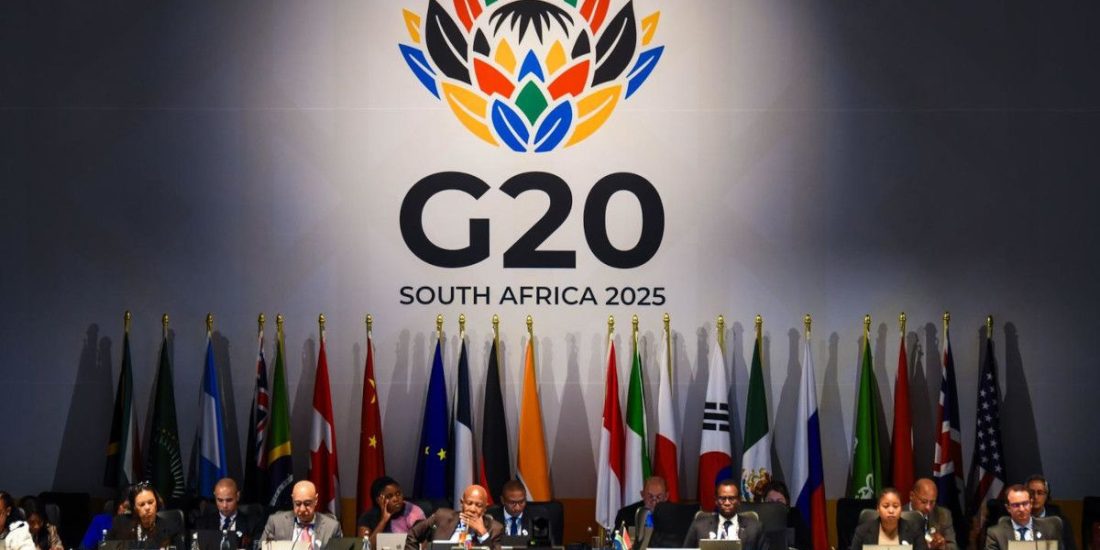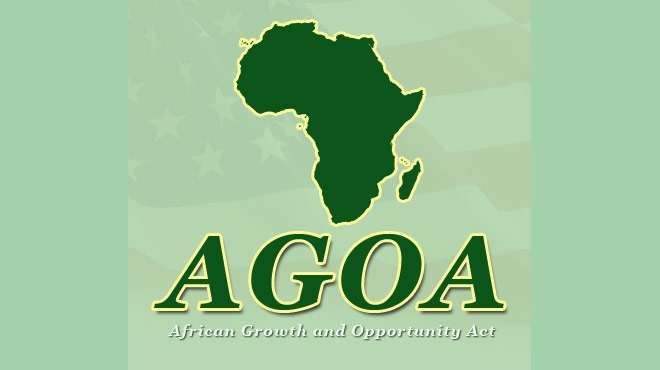
When Satellites Cross Sovereignty

By David Sethathi
Introduction
The global expansion of Elon Musk’s Starlink in recent years has caused equal parts excitement and anxiety. Starlink’s constellation of low-Earth orbit satellites promises high-speed internet with little infrastructure, positioning itself as a technological advance for underserved areas. For many countries in Africa, where internet access is a challenge, the appeal is clear. However, this excitement does not come without any hesitation. Starlink’s model challenges the traditional authority of a nation government, especially in countries like South Africa where transformation, equity, and national data protection is more emphasized. South Africa, one of the most powerful economies in the African continent, and has so far held back from giving Starlink a green light, citing regulatory issues and broader concerns around national sovereignty. This article explores the intersection of foreign satellite internet services and African sovereignty, where technology, law, and geopolitics crash.
Currently, Starlink is not authorised to operate in South Africa. The Independent Communications Authority of South Africa (ICASA) has indicated that the company has not submitted a formal application, despite public pressure and political lobbying. At the heart of the resistance is the Broad-Based Black Economic Empowerment (B-BBEE) framework, a post-apartheid policy requiring 30% local ownership of telecom services.
Elon Musk Called the law “openly racist”, which stirred the controversy, and South African officials quickly rejected the comment. The Electronic Communications Act states that historically disadvantaged groups must hold at least 30% equity in any potential licensee seeking to operate in South Africa’s telecommunications, broadcasting or postal sectors. The Financial Times reports that while the government has considered softening the rules to accommodate Starlink, it faces a huge domestic backlash. Civil society organizations, such as Public Interest SA and the Black Business Council, argue that allowing exemptions would erode regulatory legitimacy and undermine economic transformation.
At the core of the debate lies a deeper anxiety about digital colonialism. This idea suggests that Africans may end up being consumers rather than owners of digital infrastructure. Starlink avoids using terrestrial cables and local Internet Service Providers (ISPs). It connects users directly to a network that is being controlled in a foreign country. This approach does not only ignores regulation but also opportunities for local job creation and tech industry growth.
Tebogo Khaas, chairperson of Public Interest SA, stated, “If we change our laws for every foreign billionaire, we compromise the integrity of our entire democratic regulatory framework.” He highlighted that technology should not be allowed to “erode the agency of the African state.” The concern is not about rejecting innovation but about ensuring it does not deepen existing dependencies or disrupt local ecosystems. Without local data centers, partnerships, or accountability mechanisms. Critics argue that without local data centers, partnerships, or accountability measures, Starlink turns into a new kind of extractive enterprise that collects African data while providing little in return.
Security experts are also raising red flags. Because Starlink operates on encrypted satellite infrastructure, it is difficult for African governments to monitor or intercept communications transmitted through its network. Unlike traditional ISPs, which can be compelled to comply with lawful data requests, Starlink’s decentralized system is harder to regulate. A policy paper from the African Union’s Cybersecurity Taskforce warns that “satellite-based communication networks can operate independently of national controls, creating ungoverned digital space within sovereign borders.”
This issue is not unique to Africa. In Ukraine, Starlink helped keep the military and government connected during the early stages of the war with Russia. However, the same system has faced manipulation or restrictions at times due to SpaceX’s internal decisions or Musk’s personal views. For African governments, this raises an uncomfortable question: What happens when crucial communications infrastructure is privately owned and operated from outside their control?
Beyond connectivity, Starlink may threaten national data governance. When users connect through Starlink, their data doesn’t always go through local servers or infrastructures. Instead, it travels via satellite to international gateways, usually in the United States. This creates a data sovereignty gap where African-generated data is stored, analysed, and possibly monetized overseas. Health records, traffic patterns, economic trends, and even educational metrics could be accessed by organisations beyond the control of African laws.
While lot of countries in Africa lack comprehensive data protection laws, there is a growing global trend towards localisation, requiring that personal data be stored and processed within national borders. Therefore, allowing Starlink to operate unchecked could undo efforts to strengthen African digital independence. Starlink’s rise must also be seen in the context of a wider geopolitical struggle for influence in Africa’s digital future. China’s “Digital Silk Road” has already laid significant telecom and cloud infrastructure across the continent. Huawei and ZTE dominate mobile and broadband networks in several countries.
For the United States, Starlink represents a strategic counterweight a way to assert influence through soft power and technological reach. But this comes with a trade-off: dependency on foreign infrastructure. The African Union and many member states are now caught in a balancing act, seeking the best technology for their people while guarding against becoming pawns in a global tech rivalry.
Conclusion
There is no doubt that Starlink can deliver real benefits. In rural areas, where fiber and mobile broadband are unreliable or unavailable, it could provide life-changing access to education, healthcare, and economic opportunity. But those benefits must not come at the cost of sovereignty, equity, or transparency. Africa’s digital future should not be shaped by Silicon Valley alone. For South Africa and other nations across the continent, the path forward lies in demanding local partnerships, setting clear regulatory expectations, and preserving the principle that connectivity must serve the people, not just the platforms.




